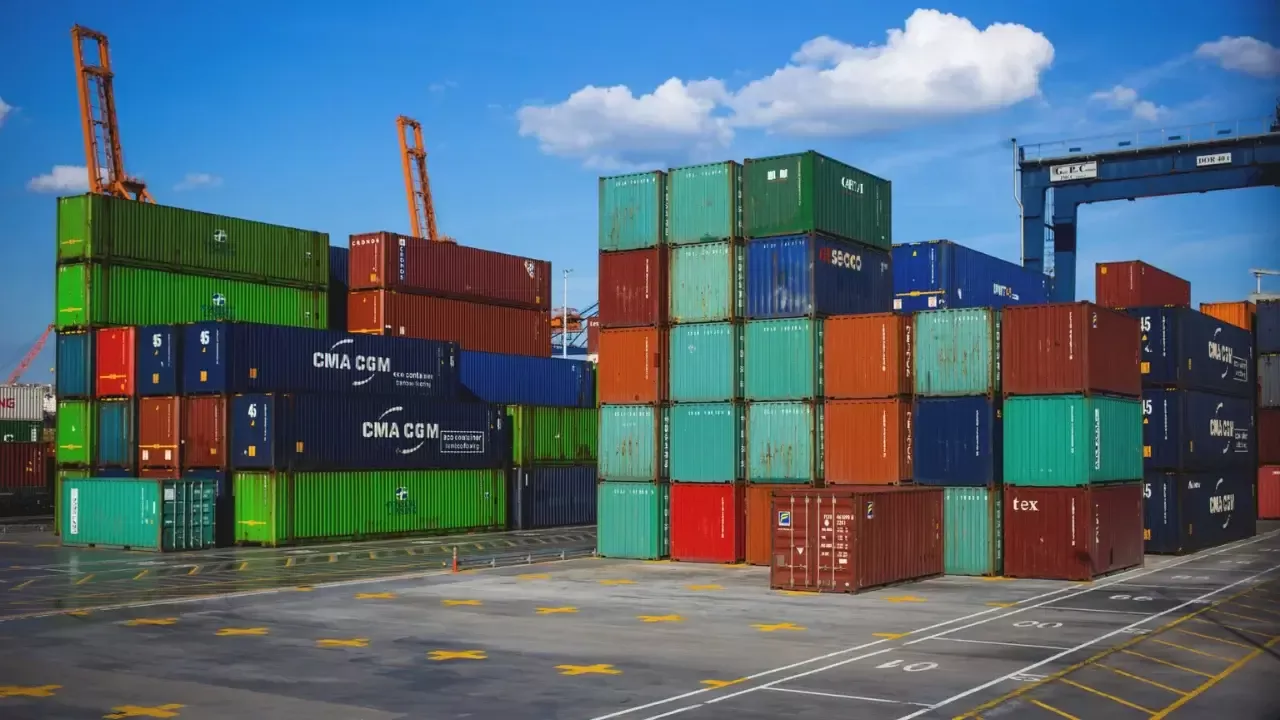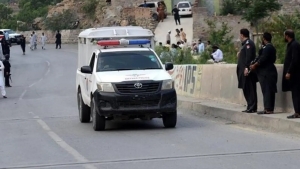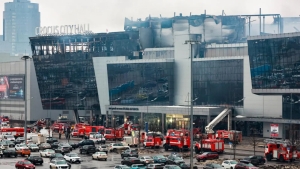The trade route in Gilgit-Baltistan has been blocked, and protests have intensified

On July 31, the mountainous city of Sost in the strategically located Gilgit-Baltistan region of Pakistan became the center of tension in trade relations between China and Pakistan. This was reported by Zamin.uz.
Videos circulated on social media on this day showed Chinese citizens blocking the main road. After a few hours, Pakistani traders sat in the middle of the road and completely halted movement through the immigration point in Sost.
This situation is a manifestation of the growing protests in Gilgit-Baltistan. The local population considers this trade system to be unfair and exploitative, as the economic benefits mainly favor the Chinese side, while local traders are forced to operate under unfavorable conditions.
The city of Sost is an important road connecting Pakistan to China's Xinjiang province through the Khunjerab Pass and is one of the key points of the China-Pakistan Economic Corridor project. The disagreement that arose on July 31 led to a physical confrontation between Chinese travelers and Pakistani customs officials.
This situation sparked discontent among Chinese tourists. Local traders continued protests against the unfairness of customs inspections and unequal trade conditions, halting movement at immigration points.
To prevent further escalation of the situation, additional security forces were sent to the area. Traders in Gilgit-Baltistan have been expressing their grievances for years.
They believe that the Economic Corridor project has not brought significant benefits to the local economy. On the contrary, the local population feels that their lands and resources are being used as a transit for foreign interests.
Local businesses are struggling due to bureaucracy and unequal opportunities. While Pakistani vehicles and goods undergo strict inspections, Chinese cargo is almost unchecked.
Moreover, the workforce used in CPEC projects mainly consists of workers coming from China, leaving the local population deprived of job opportunities. The events of July 31 are an expression of long-standing injustices and discontent in the region rather than just a customs dispute.
The Pakistan-China Traders Movement Committee has intensified protests since July 21, demanding the cancellation of the "illegal tax" levies imposed by federal authorities at the Sost Dry Port. These levies represent a new tax burden for traders in Gilgit-Baltistan, causing discontent among local traders.
The federal government and relevant authorities have shown indifference to the issue, and no concrete measures have been taken to reduce the protests. This has led to an increase in discontent in the region.
Gilgit-Baltistan is considered a region of strategic importance, yet it remains in a constitutionally ambiguous status, and the political and economic interests of the local population are not adequately protected. China's influence in the region is steadily increasing.
Chinese companies are actively involved in areas such as road and tunnel construction and customs management. While some local residents acknowledge improvements in infrastructure, many perceive these processes as economic exclusion and even foreign invasion.
The clash on July 31 highlighted the dominance of the Chinese in the regional power balance and once again raised the issue of sovereignty in the area. The Gilgit-Baltistan region has historically witnessed numerous protests.
From demands for constitutional status to ecological and economic grievances, the local population has expressed its views strongly. The recent protests in Sost should also be viewed in this context.
The federal government's slow responses have led to an increase in protests







